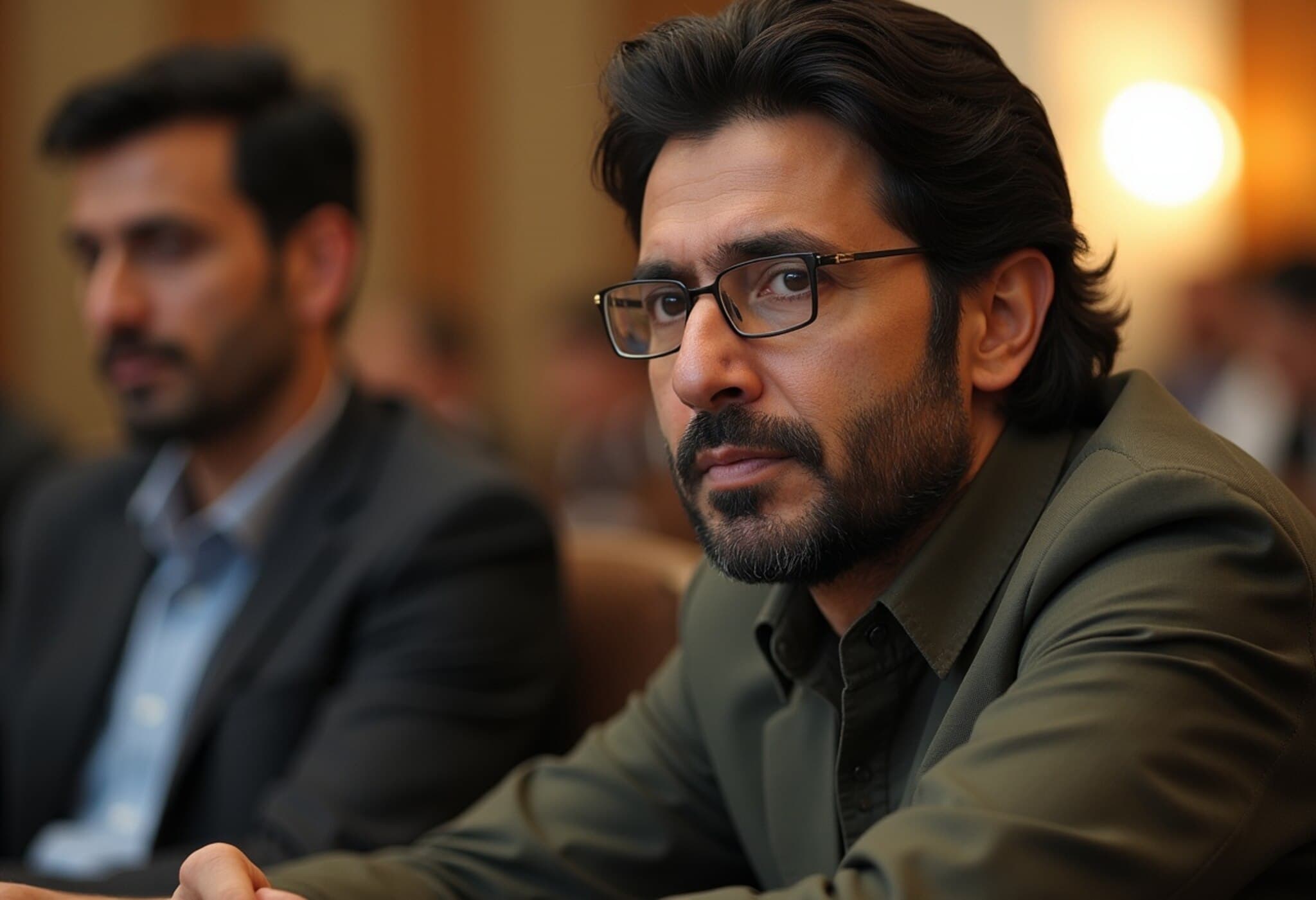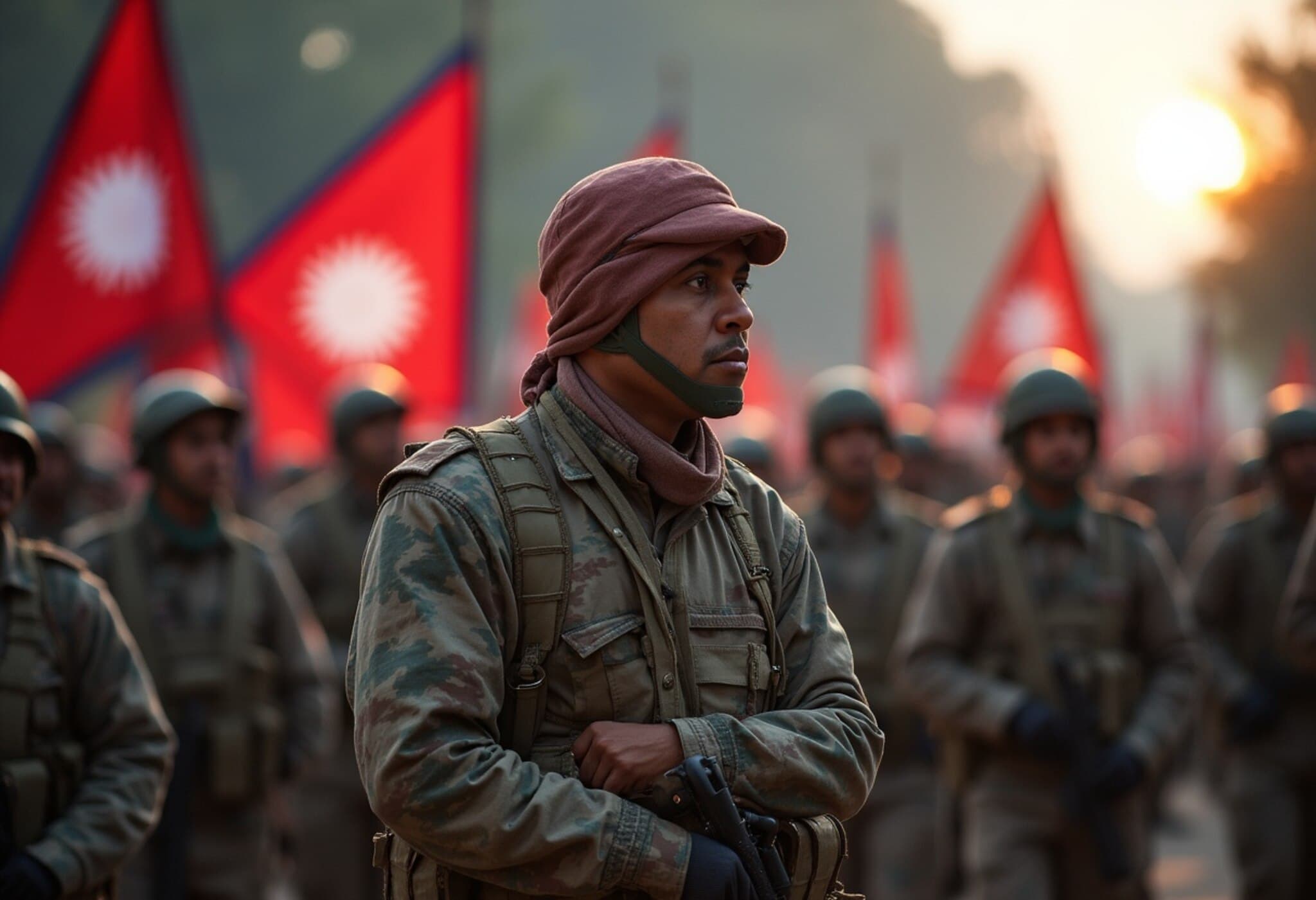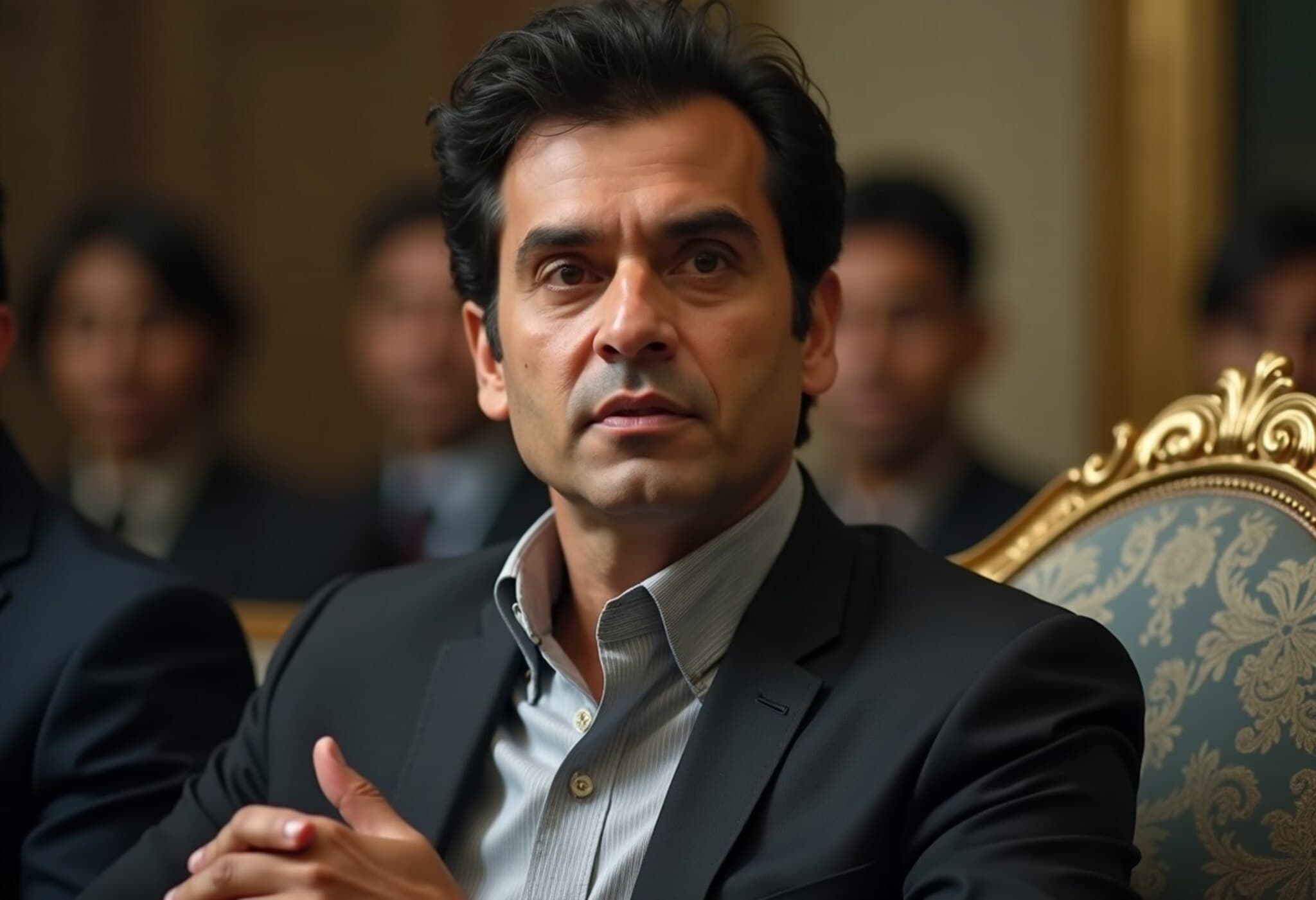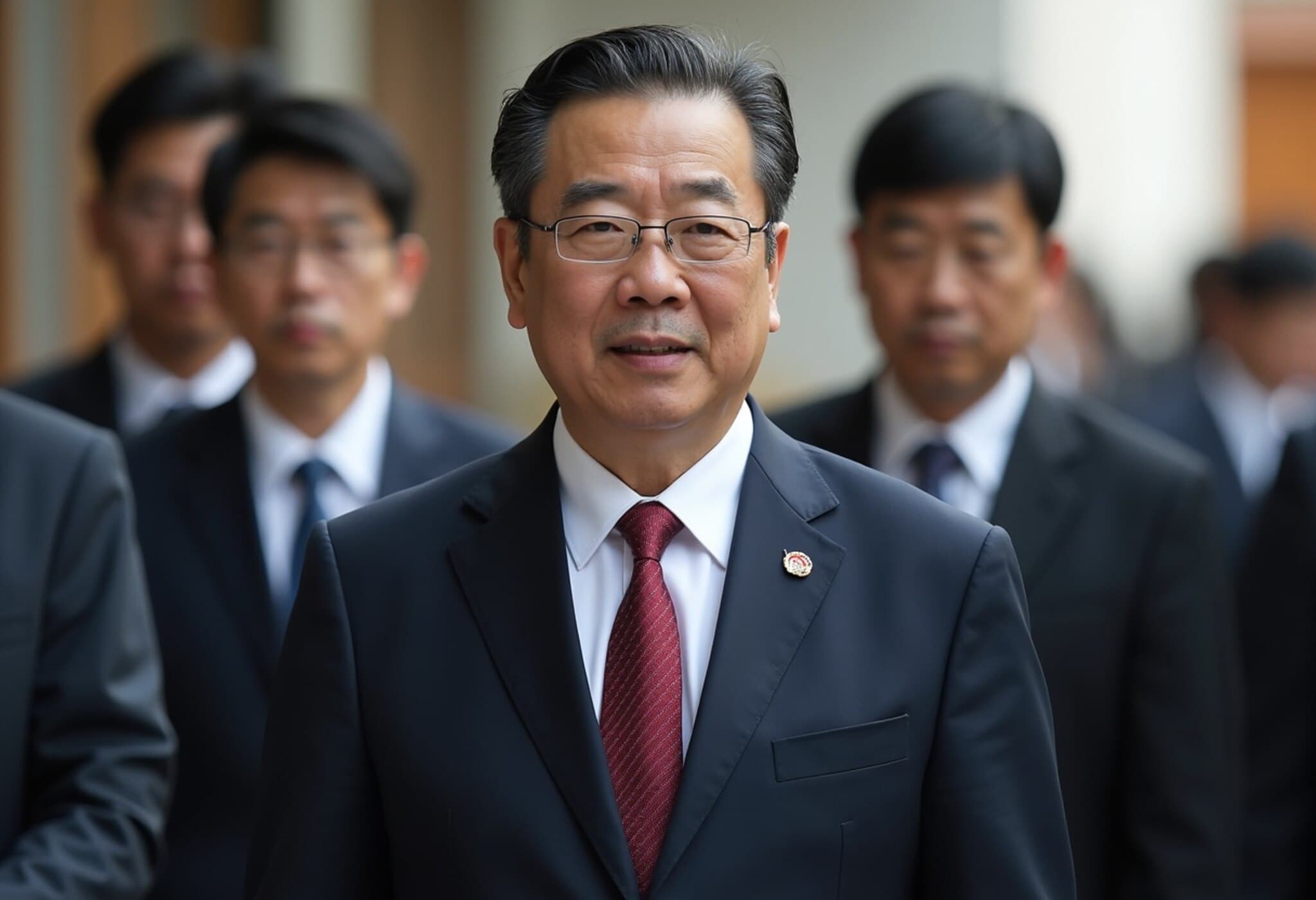Masood Azhar's Threatening Rallying Call Resonates From Pakistan
In a chilling recent development, Masood Azhar, the notorious leader of the terror group Jaish-e-Mohammed (JeM), was reportedly heard exuberantly declaring the presence of a 30,000-strong cadre with 10,000 fidayeens (suicide attackers) ready for jihad. The audio recording, played at a mosque in Bahawalpur, Pakistan, has once again highlighted the persistent threat posed by Azhar despite international condemnation and sanctions.
Inside the Audio Message
According to a report by News18, Azhar emphasized that the funds allocated to Mujahideen would be directly channeled into jihadist activities. He framed Pakistan as a nation in need of these 'Mujahid blessings,' equating their importance with that of leading religious figures. His assertion showcased a brazen defiance: “We have fidayeens; no force or missile can defeat them,” he claimed, underscoring the group's readiness and determination.
Historical Context and Continuity of Threats
Masood Azhar is no stranger to international law enforcement and counterterrorism agencies. Designated as a global terrorist by the United Nations, he has been linked to several devastating attacks in India, including the 2001 Indian Parliament attack, the 26/11 Mumbai terror strikes, the 2016 Pathankot airbase attack, and the 2019 Pulwama suicide bombing. His release in 1999 following the hijacking of Indian Airlines Flight IC-814 remains a significant episode underscoring the complexities in counterterrorism diplomacy.
Pakistan’s Strategic Revival of Terror Networks
Intelligence sources quoted by News18 interpret this renewed vocalization from Azhar as a deliberate move by Pakistan to reinvigorate dormant terror infrastructures. This resurgence reportedly follows setbacks suffered during Operation Sindoor, a counterterrorism campaign aimed at dismantling militant hideouts and networks.
The timing coincides with increased turmoil during the Amarnath Yatra, a pivotal Hindu pilgrimage that has often been a flashpoint for terror activities. Analysts suggest that Pakistan’s proxy war against India is intensifying through such symbolic moments, aiming to disrupt religious harmony and internal security.
Funding and Recruitment: The New Frontiers
Azhar’s message was far from mere bravado. Intelligence intercepts suggest a sophisticated network for financing jihadist operations, potentially exploiting hawala transactions and involving foreign sympathizers across the Gulf and key Pakistani cities like Rawalpindi and Lahore. This signals a concerning expansion of terror financing channels amid global monetary scrutiny.
Moreover, the reactivation of madrassa networks in southern Punjab and Pakistan-occupied Kashmir points to an evolving recruitment strategy, emphasizing ideological indoctrination and sleeper cell activation over traditional militant incursions.
The Use of Religious Platforms and State Complicity
The airing of Azhar’s audio from mosque loudspeakers is emblematic of a deeper challenge: the blurred lines between religious spaces and militant propaganda platforms. Such public endorsements indicate possible tacit, if not overt, state complicity, which complicates diplomatic resolutions and international counterterrorism efforts.
International Repercussions and Political Responses
India has relentlessly pressed for the extradition of Masood Azhar and other terror leaders like Hafiz Saeed. Both are blacklisted terrorists at the United Nations, yet Pakistan denies harboring them despite mounting evidence. This ongoing impasse adds friction to Indo-Pak relations and disrupts regional stability.
Interestingly, Pakistani politician Bilawal Bhutto Zardari recently stated in an interview with Al Jazeera that Islamabad had “no knowledge” of Azhar’s location and suggested a willingness to arrest him if India could produce “credible evidence.” This claim remains contentious, given persistent reports from intelligence and international watchdogs indicating otherwise.
What Lies Ahead?
The resurgence of Masood Azhar and his explicit threats pose serious questions about the effectiveness of counterterrorism policy in South Asia. The shift toward promoting lone-wolf and suicide attacks, leveraging madrassa networks, and exploiting religious institutions for militant propaganda require multifaceted responses that combine security measures, intelligence cooperation, and community engagement.
Furthermore, with proxy conflicts and terror financing still rife, the international community must reassess sanctions enforcement, intelligence sharing, and diplomatic tactics to address these evolving threats comprehensively.
Editor’s Note
The recent revelations about Masood Azhar's mobilization efforts highlight the persistent and mutating nature of terror threats within the region. As South Asia grapples with longstanding geopolitical disputes, these developments underscore an urgent need for transparent dialogue, strengthened counterterror frameworks, and vigilant monitoring of terror financing networks. Readers are encouraged to consider how state policies, civil society efforts, and international diplomacy can converge to confront these security challenges effectively.














